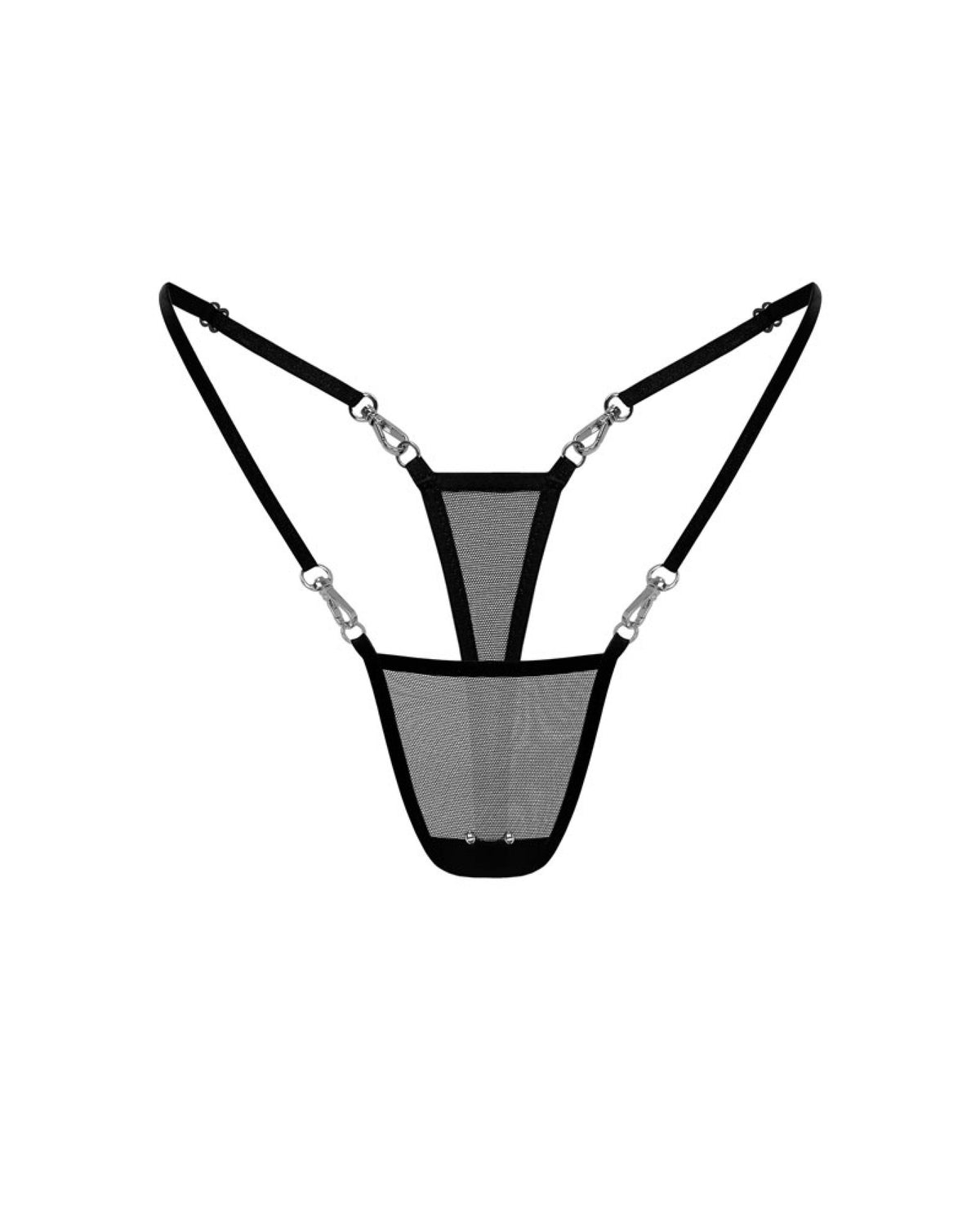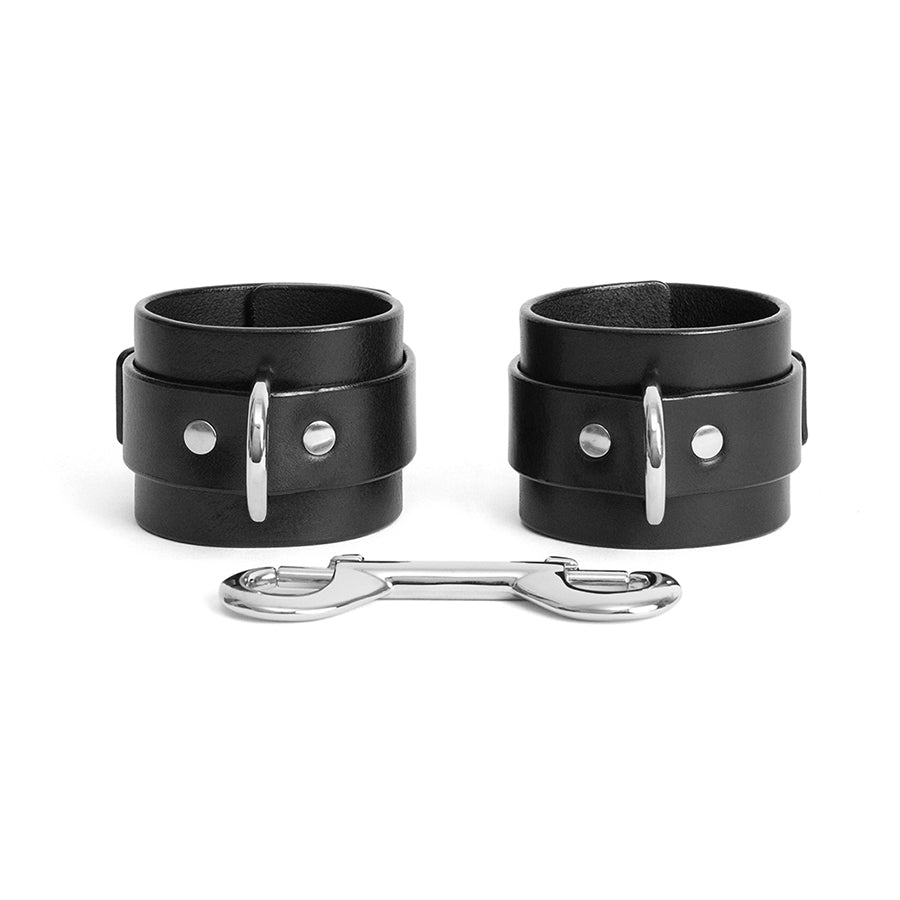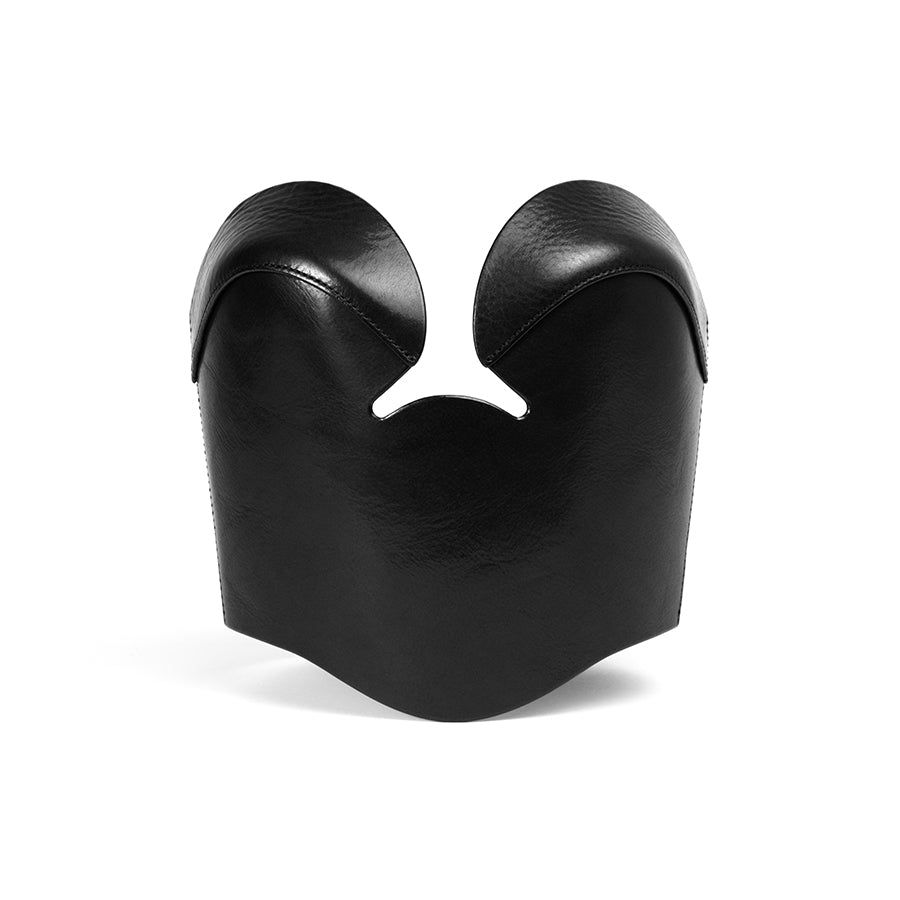
September 14, 2025
Common Mistakes New Subs Make (and How to Avoid Them)
Starting your journey as a submissive can feel exciting, overwhelming, and sometimes a little intimidating. With so much information out there and the desire to “do it right” it’s easy to fall into traps that can actually harm your experience. Here are some of the most common mistakes new subs make, and why it’s important to avoid them.
1. Thinking That Having No Boundaries Makes You a Better Sub
One of the biggest misconceptions is that being submissive means saying “yes” to everything. In reality, boundaries are what make submission safe, meaningful, and sustainable. Having no limits doesn’t make you a “better” sub—it makes you vulnerable to harm. Knowing your hard and soft limits shows self-awareness and gives your partner a roadmap to care for you properly.
2. Skipping Aftercare
Aftercare isn’t optional—it’s essential. A scene can be emotionally and physically intense, and your body and mind need time to calm down. Whether it’s cuddling, a blanket, water, or simply space to talk, aftercare helps you process the experience and stay grounded. Skipping it can leave you feeling drained, anxious, or even unsafe afterwards.

3. Not Using Safewords
Safewords exist for a reason: to keep you safe. They are not a sign of weakness, and they don’t “ruin the mood.” If anything, they strengthen trust because they show your partner that you’re communicating clearly. Using a safeword when you need it is a sign of strength and responsibility, not failure.
4. Trying Everything Too Quickly
When you’re new, it’s tempting to dive headfirst into every kink you’ve read about. But BDSM is a marathon, not a sprint. Trying everything at once can be overwhelming and even unsafe. Focus on quality over quantity—explore slowly, learn your preferences, and give yourself space to truly understand what excites and fulfils you.

5. Ignoring Red Flags
The rush of a new dynamic can make it easy to overlook warning signs. But ignoring your gut can lead to dangerous situations. Red flags can look like partners who don’t respect your limits, dismiss the need for aftercare, or pressure you into things you’re not ready for. Remember: your needs matter. A healthy dynamic is built on respect, not just desire.






